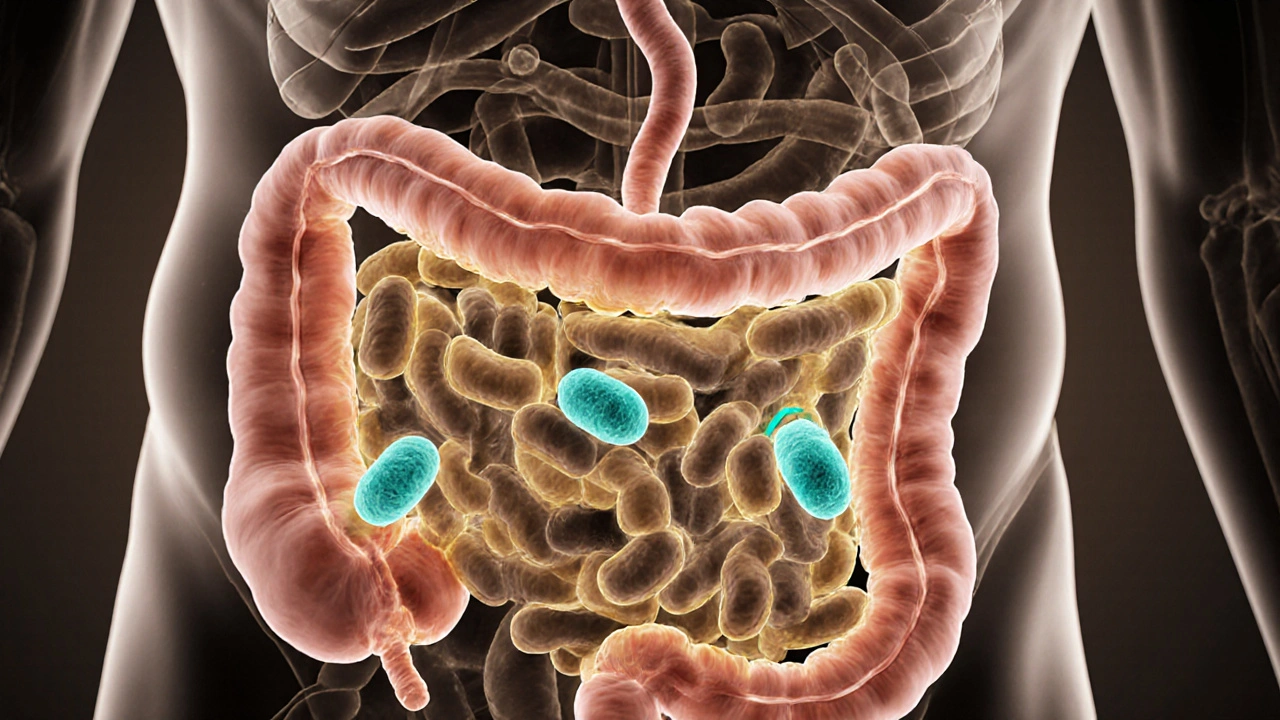Jak vybrat probiotika: co skutečně funguje a na co dávat pozor
When you're looking for probiotika, živé mikroorganismy, které podporují zdraví trávicího traktu. Also known as laktobacily, they are not just a marketing buzzword—they’re living cultures that help balance your gut, boost immunity, and even improve your mood. But not all probiotics are created equal. If you’ve ever bought a probiotic supplement, opened it, and wondered why nothing changed, you’re not alone. Most products on the shelf are either too weak, the wrong strain, or stored improperly—so they arrive dead.
Here’s the truth: laktobacily, jedna z nejčastějších a nejlépe prozkoumaných skupin probiotik—like L. rhamnosus or L. acidophilus—are the ones that actually survive stomach acid and reach your intestines alive. Look for products that list the exact strain, not just "contains probiotics." And check the CFU count—aim for at least 1 billion, but 10–50 billion is better for starting out. Don’t fall for fancy packaging or claims like "supports 12 strains" if none are named. Quality beats quantity every time.
střevní mikroflóra, komunita bakterií ve vašich střevech, která ovlivňuje celé tělo is more than just digestion. It’s tied to your skin, your energy, your sleep, even your anxiety. That’s why taking probiotics after antibiotics makes sense—you’re rebuilding what the drugs destroyed. But probiotics alone won’t fix a diet full of sugar and processed food. They need food to thrive: fiber, prebiotics like inulin, and fermented foods like sauerkraut or kefir. Think of them as gardeners—you can’t just plant seeds and forget about the soil.
And timing? It matters. Taking probiotics on an empty stomach—right when you wake up—gives them the best shot at surviving your stomach acid. Some studies show up to 40% better survival rates compared to taking them after meals. If you’re on antibiotics, take the probiotic at least two hours apart. Don’t mix them in hot coffee or smoothies—heat kills them. Store them in the fridge unless the label says otherwise.
You don’t need a pharmacy full of bottles. One good-quality probiotic, taken consistently, is better than five random ones. Check expiration dates—these are living organisms, not pills that last forever. And if you’re pregnant, sick, or immunocompromised, talk to your doctor first. Probiotics are safe for most, but not one-size-fits-all.
Below, you’ll find real-life guides on how probiotics interact with antibiotics, when to take them for maximum effect, what to eat to make them work better, and how to spot the difference between a product that helps and one that’s just expensive sugar water. No fluff. Just what works.
